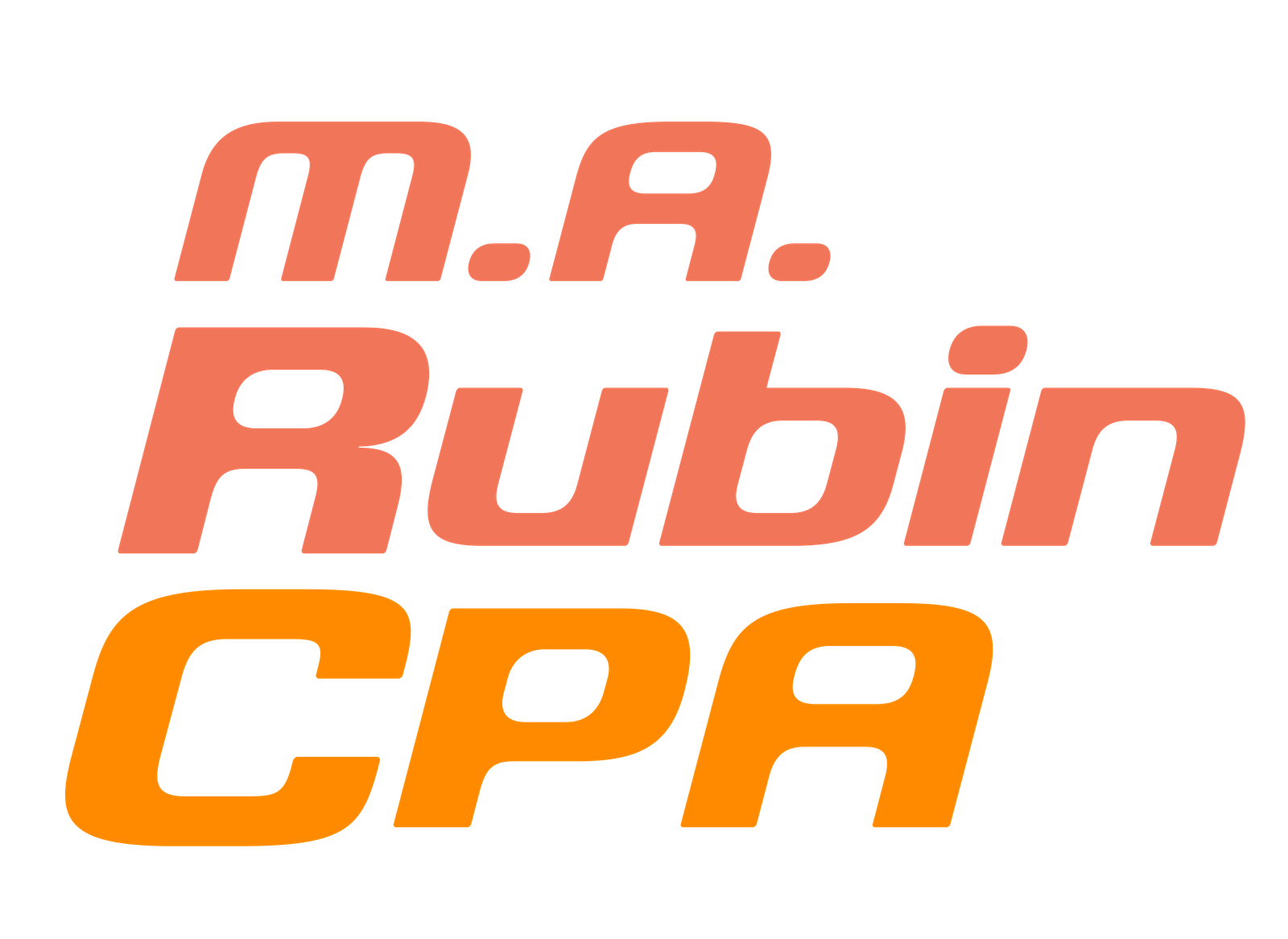Few things are as alarming as finding out that the IRS has frozen your bank account. Suddenly, your money is inaccessible, and everyday financial obligations—like paying rent, buying groceries, or covering bills—become impossible to meet.
If this happens to you, it’s critical to act quickly. In this article, we’ll explain why the IRS freezes bank accounts, what the process looks like, and how you can take steps to regain control of your finances.
Why Does the IRS Freeze Bank Accounts?
When the IRS freezes (or “levies”) your bank account, it means they have taken legal action to seize funds in your account to satisfy an unpaid tax debt. This typically happens when:
- You owe back taxes and have not responded to IRS notices.
- You have ignored IRS collection efforts, including payment demands.
- The IRS has issued a Final Notice of Intent to Levy and you did not take action within 30 days.
The IRS doesn’t freeze your account without warning. They must first send a Notice of Intent to Levy and Your Right to a Hearing (Letter 1058 or LT11). If you don’t respond, they proceed with the levy.
What Happens When the IRS Levies Your Bank Account?
Once the IRS issues a bank levy, the process unfolds as follows:
- Your Bank Receives the Levy Notice
The IRS notifies your bank that they are seizing funds from your account to cover your unpaid tax debt. If the account balance is greater than the levy amount the excess will remain in the account and levy is satisfied. - Your Funds Are Frozen
The bank is required to hold the levied funds for 21 days before sending them to the IRS. During this period, you can attempt to resolve the issue by proving hardship, negotiating a payment plan, or challenging the levy. - The IRS Takes the Funds
If you do not take action within the 21-day period, the bank sends the balance that was in the account on the day the levy was received by the bank to the IRS, and you lose access to that money. The IRS may issue additional levies for future funds.
How to Stop a Bank Levy
If your bank account is frozen, time is critical. Here are steps you can take to stop the levy and regain access to your money:
- Act Before the Levy Happens: If you receive a Final Notice of Intent to Levy, do not ignore it. You have 30 days to respond and request a hearing before the levy is issued.
- Demonstrate Financial Hardship: If losing the funds will cause extreme financial hardship (e.g., making it impossible to pay for food, rent, or medical expenses), you may qualify for a levy release.
- Negotiate a Payment Plan: Setting up an Installment Agreement allows you to pay your tax debt over time, which can prevent or remove levies.
- Submit an Offer in Compromise: If you qualify, this program lets you settle your tax debt for less than the full amount owed.
- File for Currently Not Collectible (CNC) Status: If you can prove that paying the tax debt would cause severe financial distress, the IRS may temporarily halt collection efforts.
If you don’t take action, the IRS may issue additional levies on your account, including wages, future bank deposits, and even Social Security benefits.
How a Tax Resolution Professional Can Help
Facing an IRS bank levy is stressful, but you don’t have to navigate it alone. We specialize in stopping IRS levies and helping taxpayers regain control of their finances. Here’s how we can assist you:
- Immediate Intervention: We communicate directly with the IRS on your behalf, working to release the levy as quickly as possible.
- Customized Resolution Plans: Whether it’s negotiating a payment plan, filing for hardship relief, or exploring settlement options, we develop the best strategy for your situation.
- Protecting Your Rights: The IRS has strict guidelines they must follow. We ensure they do not overstep and that you receive fair treatment.
- Preventing Future Levies: Once we resolve the immediate issue, we help you create a long-term tax compliance plan to prevent future IRS actions.
If your bank account has been frozen—or you’ve received a Final Notice of Intent to Levy—don’t wait. Contact us today for a free consultation, and let’s work together to protect your assets and financial future.
Schedule an Appointment Below!
M.A. Rubin CPA, PLLC
Tel: 833-MA-Rubin (627-8246)
Email: Blog@RubinTaxRelief.com
Disclaimer: This blog post is for informational purposes only and does not constitute legal or tax advice. Consult with a qualified professional for specific advice regarding your business.


